How might we...
...build a long-term, proactive, data education experience that evolves with teens over time?
Data education for teens can be especially challenging as they might be less patient to put in the effort to understand data privacy. To better engage with young people, there is an opportunity to create personalised assistance in a human way that evolves with teens as they grow and change.
Lemon funnels data information by providing the most critical knowledge at the beginning of an experience. Later on, it continues engaging with teens based on their usage behavior and contextual situations.
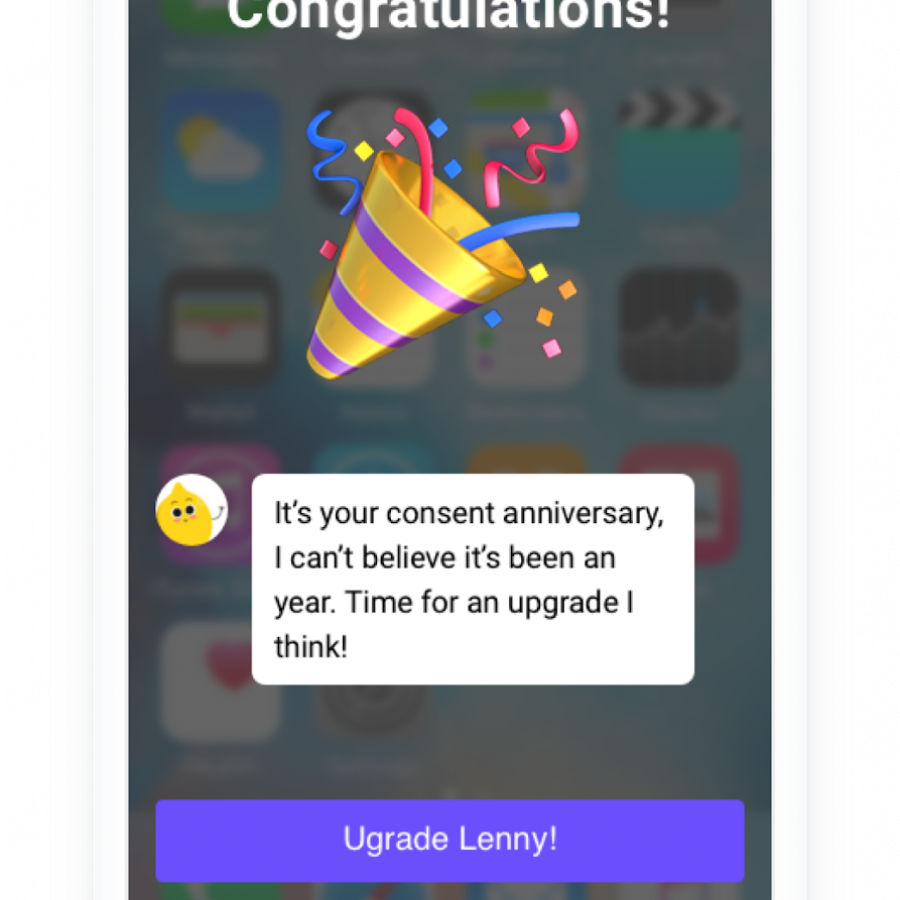
Lemon is an Operating System (OS) that is preinstalled on phone devices. Lemon allows users to configure their phone experience and proposes different options based on the people’s ages. When the OS knows a person’s age it can flag that information to other apps.
In order to provide the service, Lemon is powered by some of the following data:
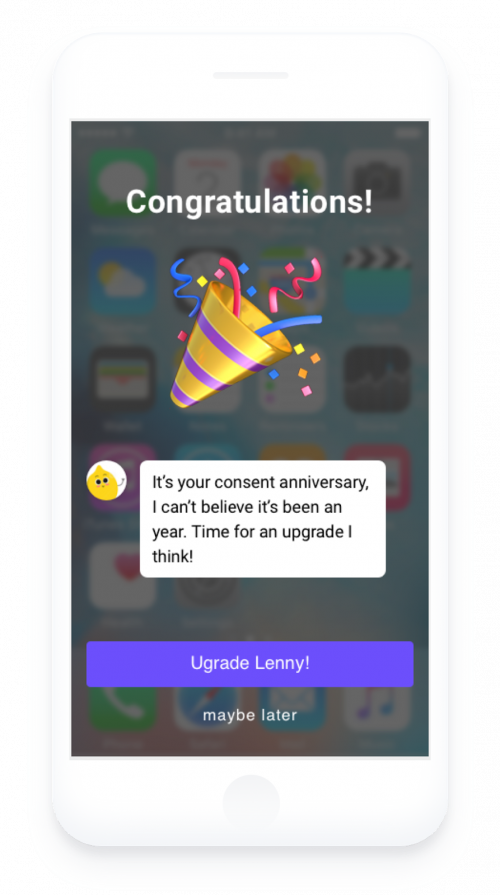
Compared to older people, teens can be less patient to engage with data privacy and usage information; or else they might be simply more overwhelmed by it. There is an opportunity to build a long-term data education experience that evolves with the changes that teens go through over time.
Lemon wishes to help teens understand the choices they make around their data when registering with an OS. Lemon wants to proactively interact with them to let them adjust the settings based on their evolved behaviors.
How might we...
...build a long-term, proactive, data education experience that evolves with teens over time?
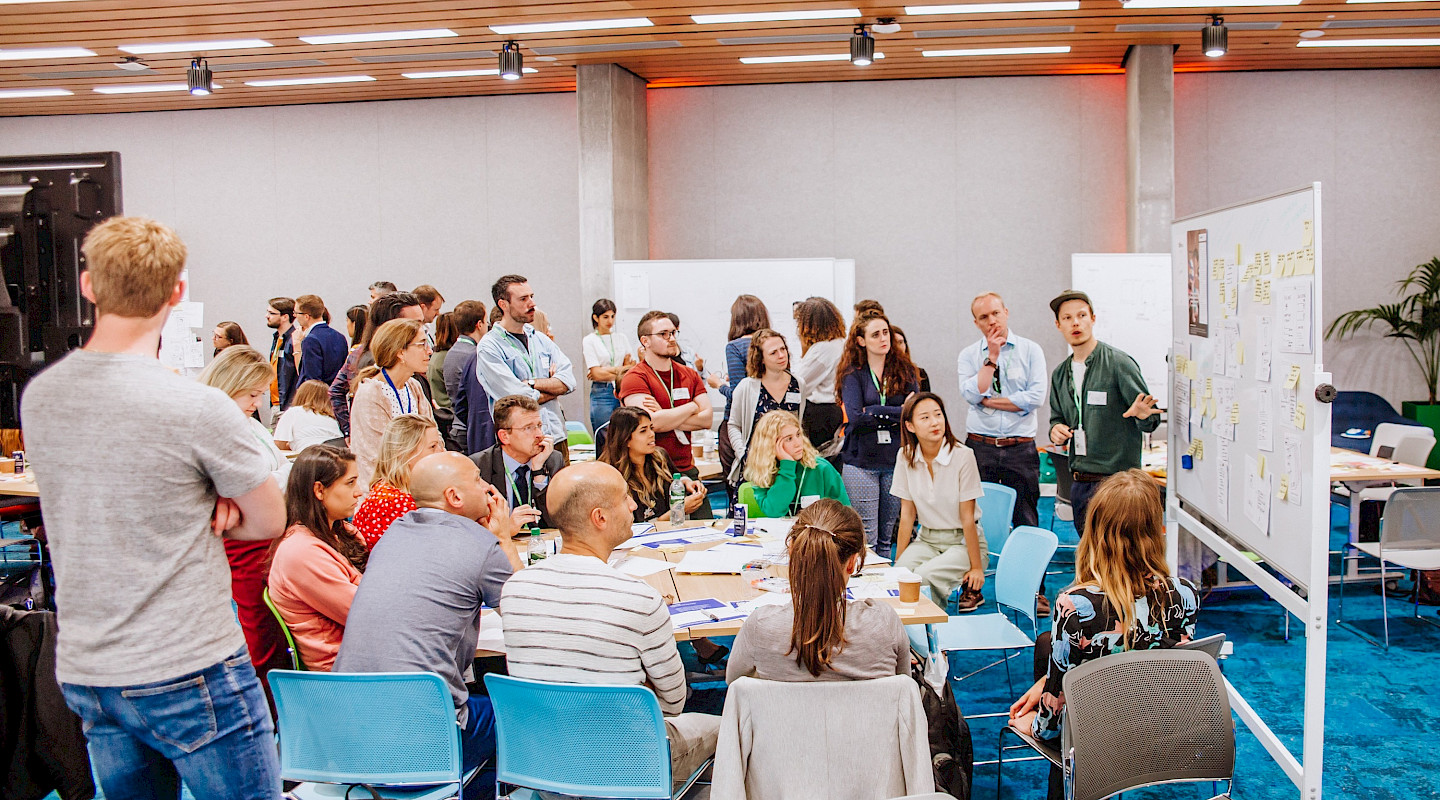
When setting up an OS system, teens can be excited to start using the system right away instead of patiently going through all the privacy settings at the beginning. This is especially so when the benefits of setting up privacy preferences are not always as straightforward as defining more personal features.
When onboarding teens into the OS system, Lemon wants to provide the data controls most essential to their safety, such as camera for facial recognition and location tracking. Other critical settings like accessing contacts can follow accordingly. Lemon lets people know that they can make changes and complete their preferences later by going to their settings menu. Standard legal language can be tedious for teens and adults alike. To solve for this, Lemon uses a character assistant “Lenny” to educate teens about their data in a chat format. Interactions here make it easier for people to gain understanding about data use and have a positive experience throughout the OS setup.
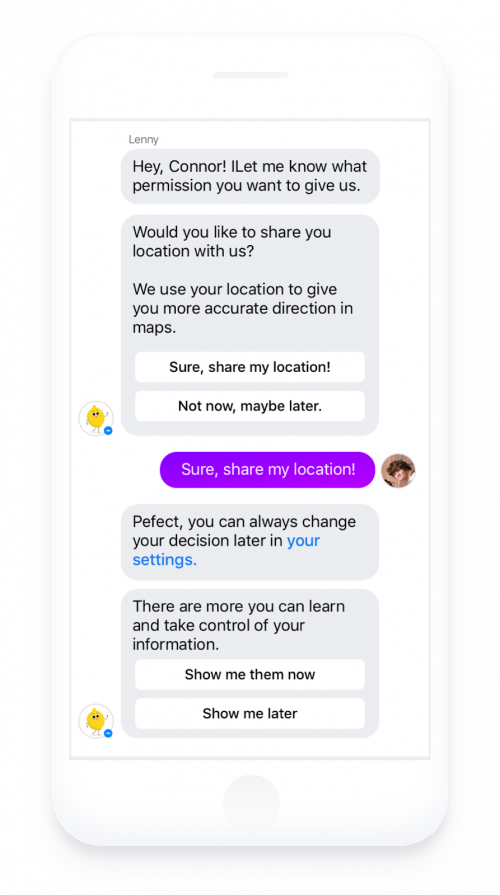
After setting up the OS system, asking for consent for specific permissions in context can be more engaging but also more educational through nuanced information sharing. For example, asking for permission to use a teen’s camera to take photos instantly demonstrates the value of data use.
In order to help teens evaluate the potential tradeoffs, the notification includes a risk assessment rating and educational, detailed information about what exactly will happen, as giving access to your camera is different from giving access to your photo library. In addition, Lemon features privacy by default controls, from one-time only to unlimited access controls.
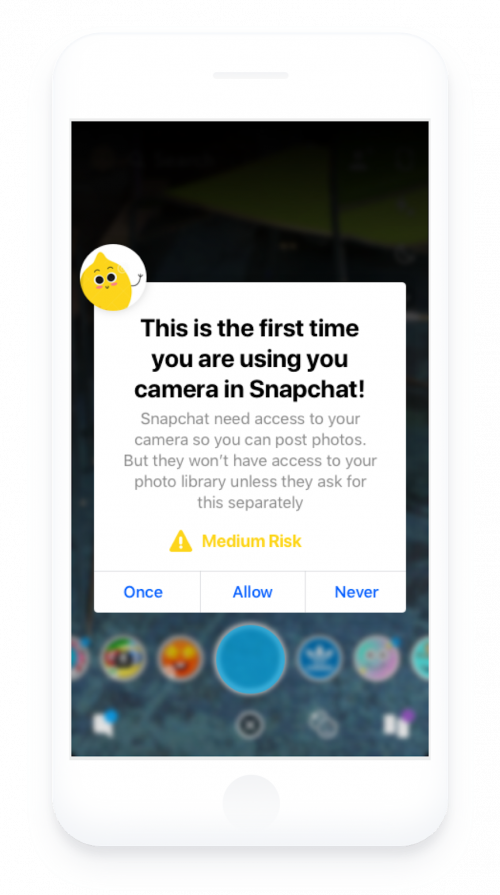
As an OS system, Lemon helps teens to have more balanced phone time by tracking their apps and data usage. Lemon seizes the opportunity to proactively engage with people by sending friendly reminders of time spent on certain apps and by offering off-device activities that might be relevant.
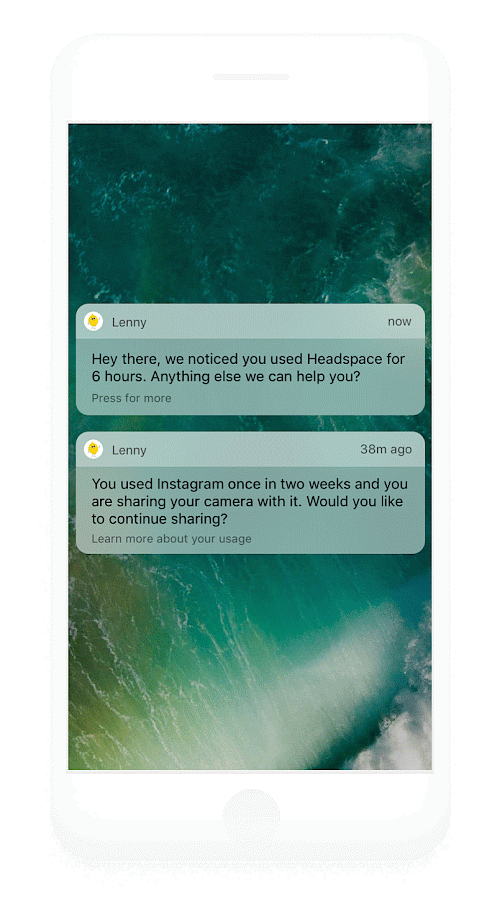
As teens grow, their behaviour and understanding of data usage can change a lot. Lemon’s personal assistant evolves with them, too.
Teens are given the option to upgrade their personal assistant to fit their new needs and change Lemon’s tone of communication and knowledge sophistication. It takes effort to go through consent, and digital education is a life-long journey, but by making the experience more celebratory Lemon incentivises people to keep re-evaluating their needs and make sure their services serve them best.

While this prototype was designed with teens in mind, it shines a light on universal concepts behind using digital services. Digital education is a life-long journey and digital habits and behaviors evolve as we change over time. Finding a balance between online and offline experiences is key to most people’s happiness and data use preferences can help them achieve that.
How might we build on Lemon’s ideas to… change the timeline when designing products and proactively check on how services can best adapt to people’s needs over time?